Ralph Alessi - Cognitive Dissonance (2010)
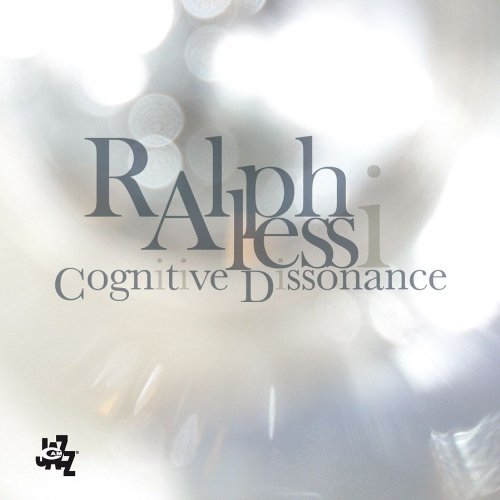
Artist: Ralph Alessi
Title: Cognitive Dissonance
Year Of Release: 2010
Label: CAM Jazz
Genre: Jazz
Quality: FLAC (tracks+.cue,log)
Total Time: 01:00:03
Total Size: 343 MB
WebSite: Album Preview
Tracklist:Title: Cognitive Dissonance
Year Of Release: 2010
Label: CAM Jazz
Genre: Jazz
Quality: FLAC (tracks+.cue,log)
Total Time: 01:00:03
Total Size: 343 MB
WebSite: Album Preview
1. Cognitive Dissonance (04:27)
2. Buying, Selling (04:28)
3. Dog Waking (02:55)
4. Duel (04:38)
5. A Plenty (03:26)
6. One Wheeler Will (03:45)
7. Sir (03:47)
8. Goodbye Ruth's (03:42)
9. Hair Trigger (06:37)
10. Better Not To Know (03:32)
11. Sunflower (03:42)
12. Same Old Story (03:55)
13. Option 8 (04:45)
14. Wait (03:51)
15. Goodbye Ruth's (Slow) (02:53)
For his Cam Jazz debut, trumpeter Ralph Alessi recruits two key players from his sadly overlooked Look (Between the Lines, 2007). But while ubiquitous bassist Drew Gress (Marc Copland, Claudia Quintet) is a mainstay of Cognitive Dissonance, pianist Andy Milne only guests on the knottily themed but swinging "Sir" and a quirkily, near-unrecognizable version of Stevie Wonder's "Same Old Story." The rest of the album's fifteen tracks eleven by Alessi, in addition to a free-spirited yet surprisingly lyrical version ofSam Rivers' "Sunflower" and two collective improvs with Gress and drummer Nasheet Waits feature pianist Jason Moran, once again demonstrating his greater strengths as a sideman.
The same needn't be said about Alessi who, along with fellow trumpeter Ron Miles, remains one of America's most perennially (and curiously) undervalued trumpeters. His plangent, warm and somehow compressed tone is just one compelling reason to check out bassist Scott Colley's Architect of the Silent Moment (Cam Jazz, 2007) (and his forthcoming 2010 Cam Jazz follow-up, Empire), guitarist Joel Harrison's The Wheel (Innova, 2008) and Gress' The Irrational Numbers(Premonition, 2008). With a relatively diminutive self-led discography, the avant-tinged trumpeter has also proven himself an astute bandleader and fine conceptualist, ranging from the oddly configured Vice & Virtue (RKM, 2003) to the more orthodox (but far from conventional) instrumental line-up of This Against That (RKM, 2002).
Cognitive Dissonance covers a lot of ground in an hour. The irregularly metered but unfailinglygrooving title track kicks things off on a high note, with Gress and Waits building an M-Base-centric foundation over which Moran's funkified piano sets a broad harmonic context. Alessi's impressive opening salvo sets the tone for an album where the soloists are challenged to say a great deal in a short timeframe, succeeding consistently. Despite only one track exceeding six minutes, with the majority ranging between three and four, there's never a sense of being hurried, as Alessi solos with equal invention over the even more rhythmically intricate "Buying, Selling" his even briefer solo (on a tune where the head occupies a full minute of its 2:56 running time) a muted combination of spare, swinging ideas and equal consideration of space, with Moran's staggered accompaniment leading to a similarly well-conceived solo, supported by the ever-pliant, ever-responsive Gress and Waits.
Alessi waxes lyrical on the balladic "Dog Waking" and tango-esque "One Wheeler Will," written for William Coltrane son of legendary saxophonist John Coltrane's son (and also very fine reed man) Ravi Coltrane. An inadvertent nod to expat Canadian trumpet icon Kenny Wheeler in the trumpeter's tone and expressive melancholy, "One Wheeler Will" also features a robust, yet metallic and Gary Peacock-like solo from Gress that's a Cognitive Dissonance highlight.
With so much ground covered, it would be easy for Cognitive Dissonance to lose its focus, to become overly eclectic. But with Alessi's writing a challenging combination of memorable themes, harmonically and rhythmically tricky contexts and improvisational largess and an unfettered yet focused playing style that never succumbs to excess, Cognitive Dissonance easily deserves consideration alongside the music of better-known contemporaries like Dave Douglas.
The same needn't be said about Alessi who, along with fellow trumpeter Ron Miles, remains one of America's most perennially (and curiously) undervalued trumpeters. His plangent, warm and somehow compressed tone is just one compelling reason to check out bassist Scott Colley's Architect of the Silent Moment (Cam Jazz, 2007) (and his forthcoming 2010 Cam Jazz follow-up, Empire), guitarist Joel Harrison's The Wheel (Innova, 2008) and Gress' The Irrational Numbers(Premonition, 2008). With a relatively diminutive self-led discography, the avant-tinged trumpeter has also proven himself an astute bandleader and fine conceptualist, ranging from the oddly configured Vice & Virtue (RKM, 2003) to the more orthodox (but far from conventional) instrumental line-up of This Against That (RKM, 2002).
Cognitive Dissonance covers a lot of ground in an hour. The irregularly metered but unfailinglygrooving title track kicks things off on a high note, with Gress and Waits building an M-Base-centric foundation over which Moran's funkified piano sets a broad harmonic context. Alessi's impressive opening salvo sets the tone for an album where the soloists are challenged to say a great deal in a short timeframe, succeeding consistently. Despite only one track exceeding six minutes, with the majority ranging between three and four, there's never a sense of being hurried, as Alessi solos with equal invention over the even more rhythmically intricate "Buying, Selling" his even briefer solo (on a tune where the head occupies a full minute of its 2:56 running time) a muted combination of spare, swinging ideas and equal consideration of space, with Moran's staggered accompaniment leading to a similarly well-conceived solo, supported by the ever-pliant, ever-responsive Gress and Waits.
Alessi waxes lyrical on the balladic "Dog Waking" and tango-esque "One Wheeler Will," written for William Coltrane son of legendary saxophonist John Coltrane's son (and also very fine reed man) Ravi Coltrane. An inadvertent nod to expat Canadian trumpet icon Kenny Wheeler in the trumpeter's tone and expressive melancholy, "One Wheeler Will" also features a robust, yet metallic and Gary Peacock-like solo from Gress that's a Cognitive Dissonance highlight.
With so much ground covered, it would be easy for Cognitive Dissonance to lose its focus, to become overly eclectic. But with Alessi's writing a challenging combination of memorable themes, harmonically and rhythmically tricky contexts and improvisational largess and an unfettered yet focused playing style that never succumbs to excess, Cognitive Dissonance easily deserves consideration alongside the music of better-known contemporaries like Dave Douglas.

![VA - From the Archive Vol. 3... compiled by Volcov (2026) [Hi-Res] VA - From the Archive Vol. 3... compiled by Volcov (2026) [Hi-Res]](https://www.dibpic.com/uploads/posts/2026-02/1772033794_a3743742618_10.jpg)

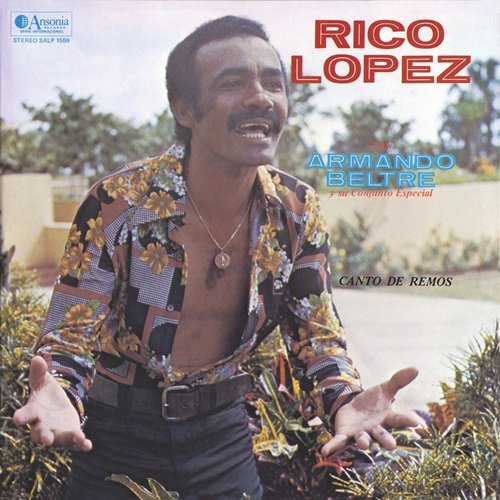
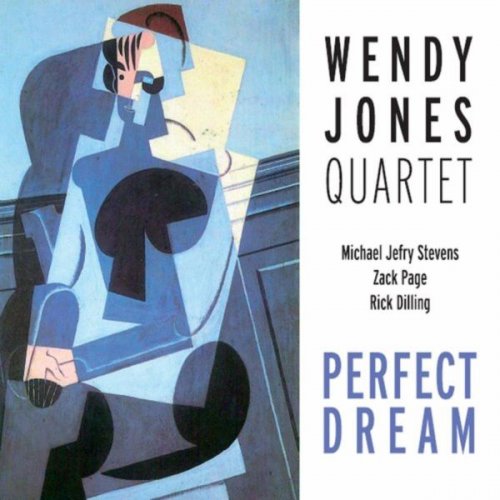
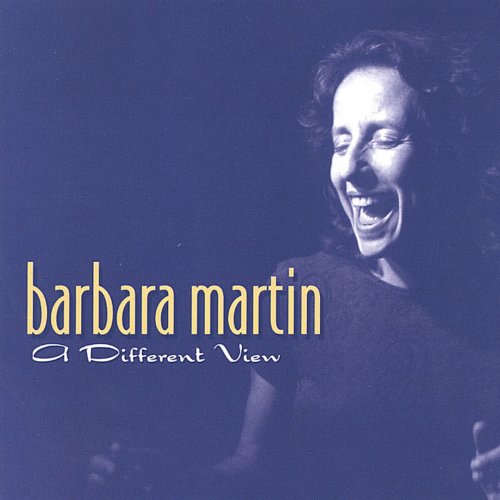

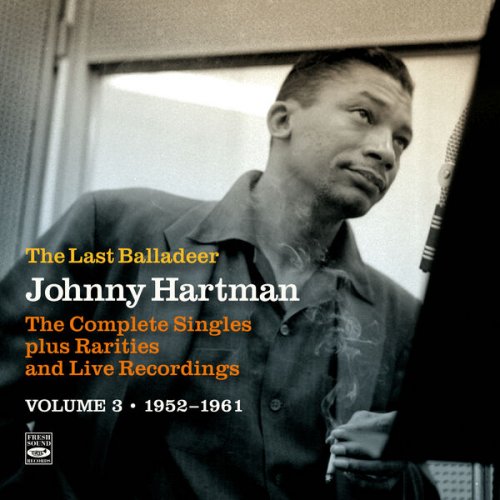
![VA - 20 Years Into An Infinite Musical Journey (2025) [SACD] VA - 20 Years Into An Infinite Musical Journey (2025) [SACD]](https://www.dibpic.com/uploads/posts/2026-02/1771834929_ff.jpg)